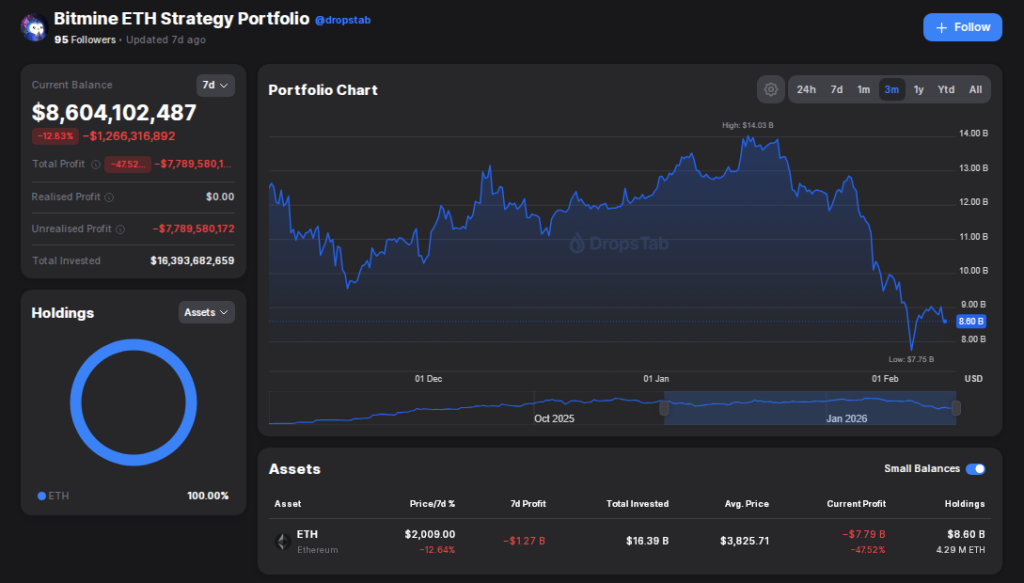Ripple, a technology company, has introduced the Ripple CBDC Platform, a solution designed to facilitate the issuance of Central Bank Digital Currencies (CBDCs) by central banks, governments and financial institutions.
With over 90% of countries worldwide exploring CBDCs as a means to enhance financial inclusion and streamline payment processes, Ripple's latest platform leverages the blockchain technology of the XRP Ledger (XRPL) 'to offer a seamless end-to-end experience' for managing and customizing fiat-based CBDCs, transactions, and distribution.
Ripple says the new platform empowers central banks and governments to advance the digitization of their financial services while expanding access to unbanked populations globally. In addition, the platform enables issuers such as central and commercial banks to manage the entire life cycle of their fiat-based digital currency.
Furthermore, Ripple noted that the platform was designed for financial institutions to actively manage and participate in inter-institutional settlement and distribution operations. It also offers corporate and retail end users secure digital wallets to hold their CBDCS.
CBDCs: Unlocking Pathways to Financial Inclusion
Access to basic financial services remains a challenge for millions of people worldwide, hindering their ability to participate fully in the economy and improve their quality of life. However, the advent of CBDCs presents a transformative opportunity for governments and banks to leverage technology and promote financial inclusion on an unprecedented scale.
The unbanked population often faces numerous barriers to financial inclusion, such as geographical limitations, high transaction costs, lack of proper identification, and limited trust in traditional banking institutions. However, experts believe that CBDCs, being digital and accessible through various electronic devices, have the potential to overcome these barriers and provide financial services to the unbanked.
One of the key advantages of CBDCs that has been identified is their ability to facilitate low-cost and efficient digital transactions. Traditional banking services such as opening accounts, making payments, and accessing credit, can be burdensome and expensive for the unbanked. On the contrary, CBDCs can enable individuals to engage in secure and cost-effective digital transactions directly through their mobile phones or other devices. This accessibility empowers the unbanked to participate in the formal economy, engage in e-commerce, and access essential financial services with ease.
Furthermore, CBDCs offer an opportunity to address the issue of identification, which is often a major obstacle for the unbanked. Many individuals lack the necessary identification documents required by traditional banks, making it difficult for them to open accounts and access financial services. CBDCs can be designed with built-in digital identity features, leveraging secure biometric data or other means of authentication. This enables individuals to establish their digital identity, opening the doors to a range of financial services without the need for physical documentation.
Meanwhile, governments and banks can further enhance financial inclusion by utilizing CBDCs to extend their reach into underserved areas. Remote and rural communities often face challenges in accessing physical bank branches or ATMs. By providing CBDC infrastructure and digital payment networks, governments can ensure that individuals in these areas have equal access to financial services. Banks can also leverage CBDCs to offer tailored products and services specifically designed for the unbanked, promoting financial literacy and encouraging savings.
Moreover, CBDCs can play a significant role in empowering micro, small, and medium-sized enterprises (MSMEs) that often struggle to access credit. Through CBDC-based smart contracts and programmable features, financial institutions can establish transparent and automated lending processes, reducing bureaucracy and increasing the availability of credit to MSMEs. This can fuel entrepreneurship, spur economic growth, and create job opportunities, particularly in underserved communities.
Stone Edge Capital losses CySEC license; FCA Deputy Chair; read today's nuggets.
This article was written by Pedro Ferreira at www.financemagnates.com.
You can get bonuses upto $100 FREE BONUS when you:
💰 Install these recommended apps:
💲 SocialGood - 100% Crypto Back on Everyday Shopping
💲 xPortal - The DeFi For The Next Billion
💲 CryptoTab Browser - Lightweight, fast, and ready to mine!
💰 Register on these recommended exchanges:
🟡 Binance🟡 Bitfinex🟡 Bitmart🟡 Bittrex🟡 Bitget
🟡 CoinEx🟡 Crypto.com🟡 Gate.io🟡 Huobi🟡 Kucoin.




















Comments